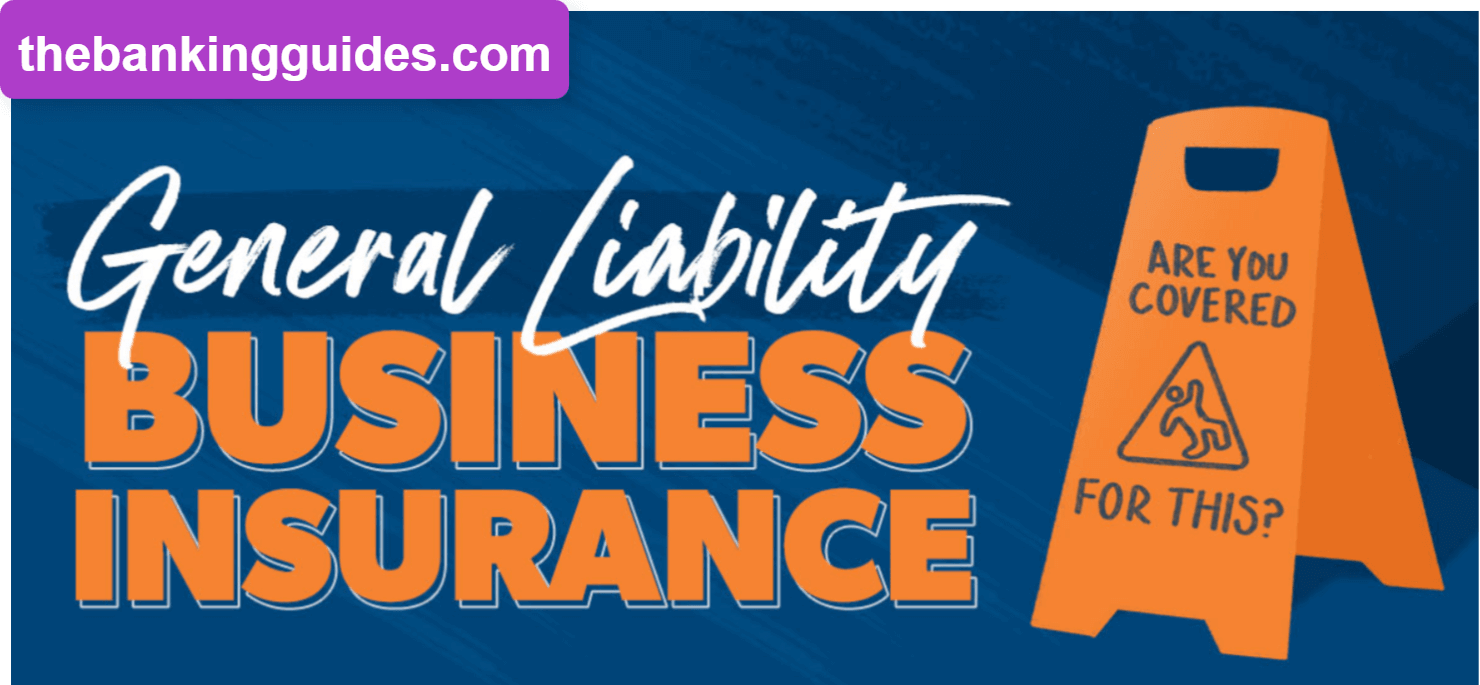General Liability Insurance (GLI) provides coverage for claims related to bodily injury or property damage caused by your business. Also known as business liability insurance, commercial general liability insurance, or comprehensive general liability (CGL), this insurance can be obtained as a standalone policy or bundled with other essential coverages through a Business Owner’s Policy (BOP). Whether your business operates independently or as part of a comprehensive policy, GLI offers crucial protection against potential liabilities.
What Protection Does Commercial General Liability Insurance (CGL) Offer?
Commercial General Liability (CGL) insurance is designed to protect businesses by providing coverage for bodily injury, personal injury, and property damage resulting from the business’s operations, products, or incidents on the business premises. While considered comprehensive business insurance, it’s important to note that CGL does not encompass all risks a business might encounter. Understanding the scope and limitations of CGL insurance is crucial for comprehensive risk management.
What You Need to Know About Commercial General Liability Insurance
Safeguarding Spaces: Exploring Premises Coverage
Within commercial general liability policies, varying coverage levels exist. Premises coverage, for instance, safeguards businesses against claims arising from incidents on their physical premises during standard operations. Additionally, these policies may encompass coverage for bodily injury and property damage resulting from completed products or services, even if provided at a location beyond the business’s own premises. Understanding these distinct coverage aspects is crucial for businesses seeking comprehensive protection.
Understanding Excess Liability Coverage
In addition to standard coverage, commercial insurance providers offer excess liability coverage, providing protection for claims that surpass the limits of the Commercial General Liability (CGL) policy. This supplemental coverage ensures comprehensive safeguarding against potential financial liabilities. It’s crucial to be aware that certain CGL policies may have exclusions, limiting coverage for specific actions such as costs related to a product recall. Understanding these nuances is essential for businesses seeking comprehensive insurance protection.
Unraveling Insurance Dynamics: Claims-Made vs. Occurrence Policy
When acquiring commercial general liability insurance, businesses should distinguish between claims-made and occurrence policies.
A claims-made policy extends coverage when a claim is made, regardless of when the claim event occurred. Conversely, an occurrence policy covers claims arising from events that took place during the policy period, even if the policy is currently expired. Understanding these distinctions is crucial for businesses navigating their insurance options.
Exploring Various Insurance Policies
Apart from commercial general liability insurance policies, businesses have the option to secure coverage for various other risks.
For instance, businesses may invest in employment practices liability coverage to shield against claims related to sexual harassment, wrongful termination, and discrimination. Additionally, insurance options exist to cover errors and omissions in financial reporting statements, as well as provide protection for damages resulting from the actions of directors and officers.
Special Considerations in Business Planning
Addressing specific business needs, companies might designate other entities or individuals as “additional insured” under their commercial liability insurance policy. This often occurs in contractual agreements between businesses.
For instance, when an automobile repair garage contracts with ABC Co. for cleaning services, ABC Co. may request to be added as an “additional insured” on the garage’s commercial general liability coverage policy. Understanding and implementing these special considerations is crucial, particularly in contractual arrangements, to ensure comprehensive protection.
Examples Illustrating Commercial General Liability
Various situations may necessitate Commercial General Liability (CGL) coverage, including:
- A customer slipping and breaking a leg on recently cleaned and polished floors in a business establishment.
- An employee of an electrical company unintentionally causing a fire during a home wiring job.
- Claims of libel or slander arising from a business advertisement.
In these instances, a commercial general liability policy may cover expenses related to legal defense or claim settlements. Frequent claims could potentially lead to increased premium costs by the insurer. Understanding these examples is crucial for businesses seeking comprehensive liability protection.
Understanding Damages Covered by CGL Insurance
Commercial General Liability insurance (CGL) extends coverage to injuries on business premises and property damage. Additionally, this policy safeguards businesses from claims involving slander, libel, or advertising injury. Understanding the scope of damages covered by CGL insurance is essential for businesses seeking comprehensive protection against various liabilities.
Determining the Cost of Commercial General Liability Insurance
The expense of commercial general liability insurance is influenced by factors such as the size of the business, the risk profile of its operations, and the required coverage amount. Cost estimates vary, with some insurers indicating clients may pay between $300 and $600 for a million dollars of coverage, while others suggest potential costs of up to $1,000. Understanding these influencing factors is crucial for businesses assessing the financial implications of obtaining comprehensive liability insurance.
Understanding Exclusions in Commercial General Liability Insurance
Commercial General Liability (CGL) policies typically exclude coverage for intentional or expected damage by the insured. Additionally, damages arising from intoxication (in alcohol-related businesses), pollution, vehicles, harm to a business’ work, and additional liabilities undertaken by the insured are usually not covered. Businesses engaged in such risks are advised to seek additional insurance to ensure comprehensive coverage. Recognizing these exclusions is essential for businesses aiming for a thorough understanding of their liability protection.
Conclusion
Shield your business from various risks, including potential lawsuits stemming from everyday operations, by investing in a commercial general liability policy.
CGL policies provide coverage for claims related to property damage, personal injury (e.g., libel or slander), bodily injury, and advertising injury. This coverage assists in covering attorney fees or settlement costs in the event of a lawsuit. Moreover, you can enhance your protection by adding extensions that cover errors and omissions, excess liability, or employment practices liability.
While the future remains unpredictable, securing your business with a CGL policy allows you to proactively mitigate risks and ensure comprehensive coverage.
FAQs
What is a general company liability?
General company liability is insurance that protects businesses from financial losses due to third-party claims of injury, property damage, or personal/advertising injury. It covers legal expenses and settlements, serving as a crucial risk management tool for businesses.
What is the difference between general liability and professional liability?
General liability covers third-party claims for injury or property damage, while professional liability (E&O) addresses claims related to professional errors, negligence, or service failures. The former is broad and encompasses various business risks, while the latter is specific to professional services.
What is Coverage A of a CGL policy?
Coverage A in a Commercial General Liability Insurance policy (CGL) addresses third-party claims for bodily injury and property damage, covering associated legal expenses and settlements.
Should I have general liability?
Yes, businesses should have general liability insurance as it protects against third-party claims for injury, property damage, or advertising injury, reducing financial risks and contributing to comprehensive risk management.
What is the benefit of CGL insurance?
CGL insurance provides vital coverage against third-party claims for injury, property damage, or advertising injury, helping businesses manage financial risks and enhance overall risk management.
Who can take CGL policy?
Any business, regardless of size or industry, can benefit from a Commercial General Liability (CGL) policy, which provides essential protection against third-party claims for injury, property damage, or advertising injury.










